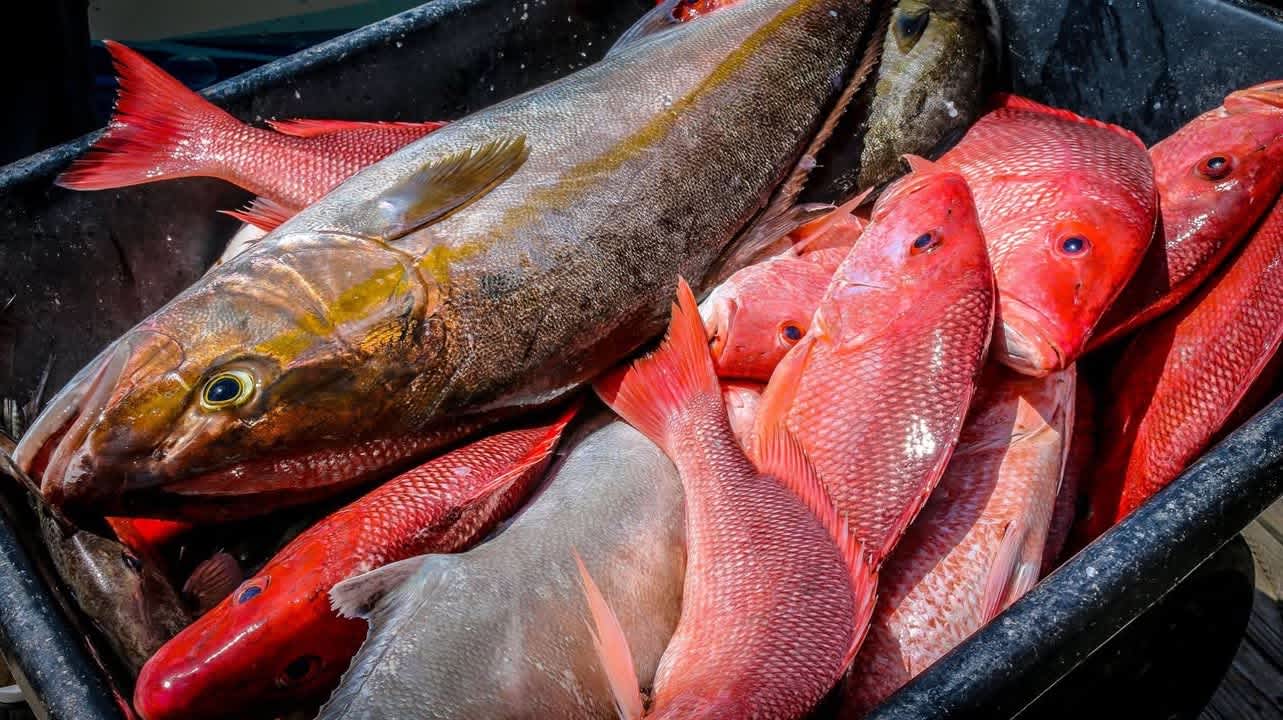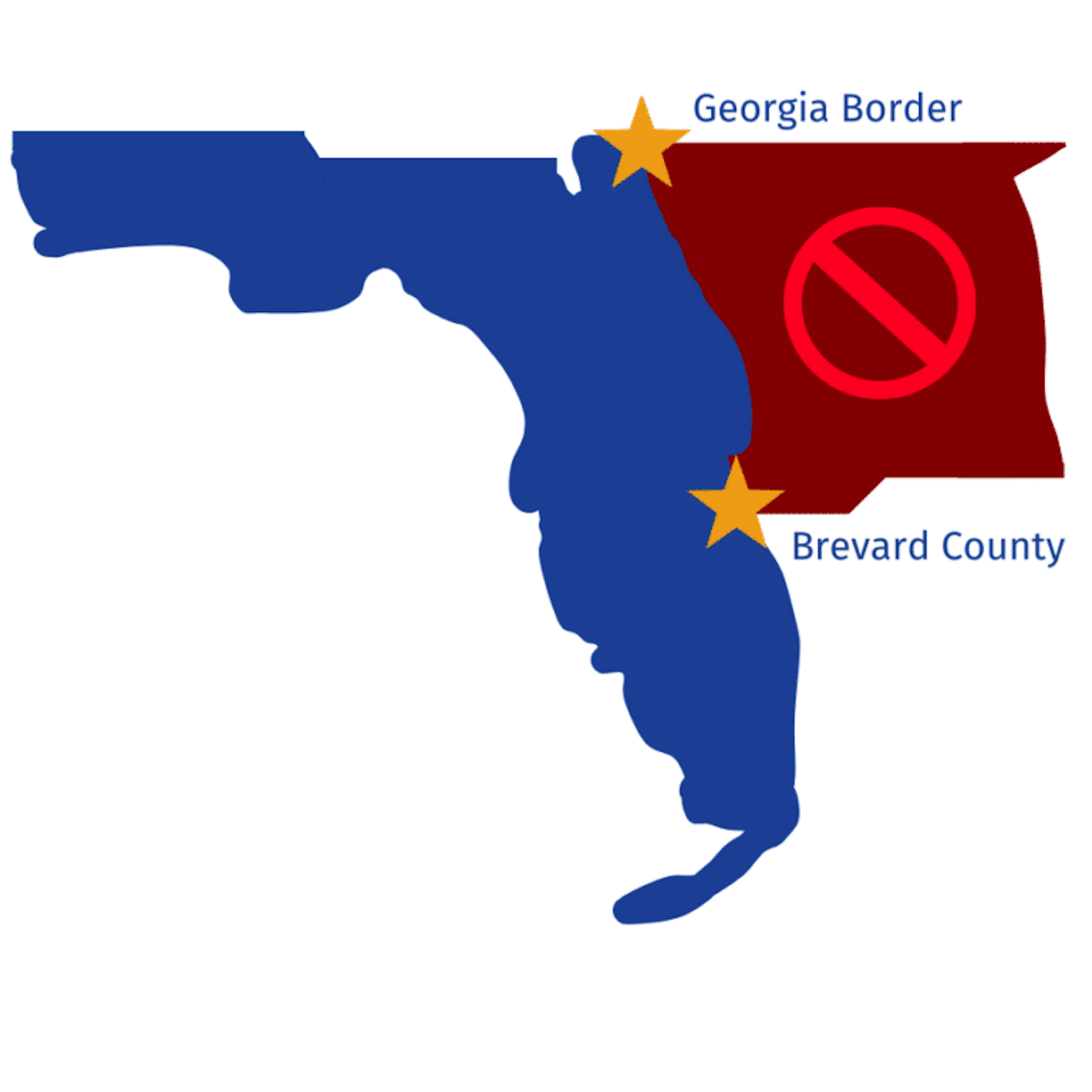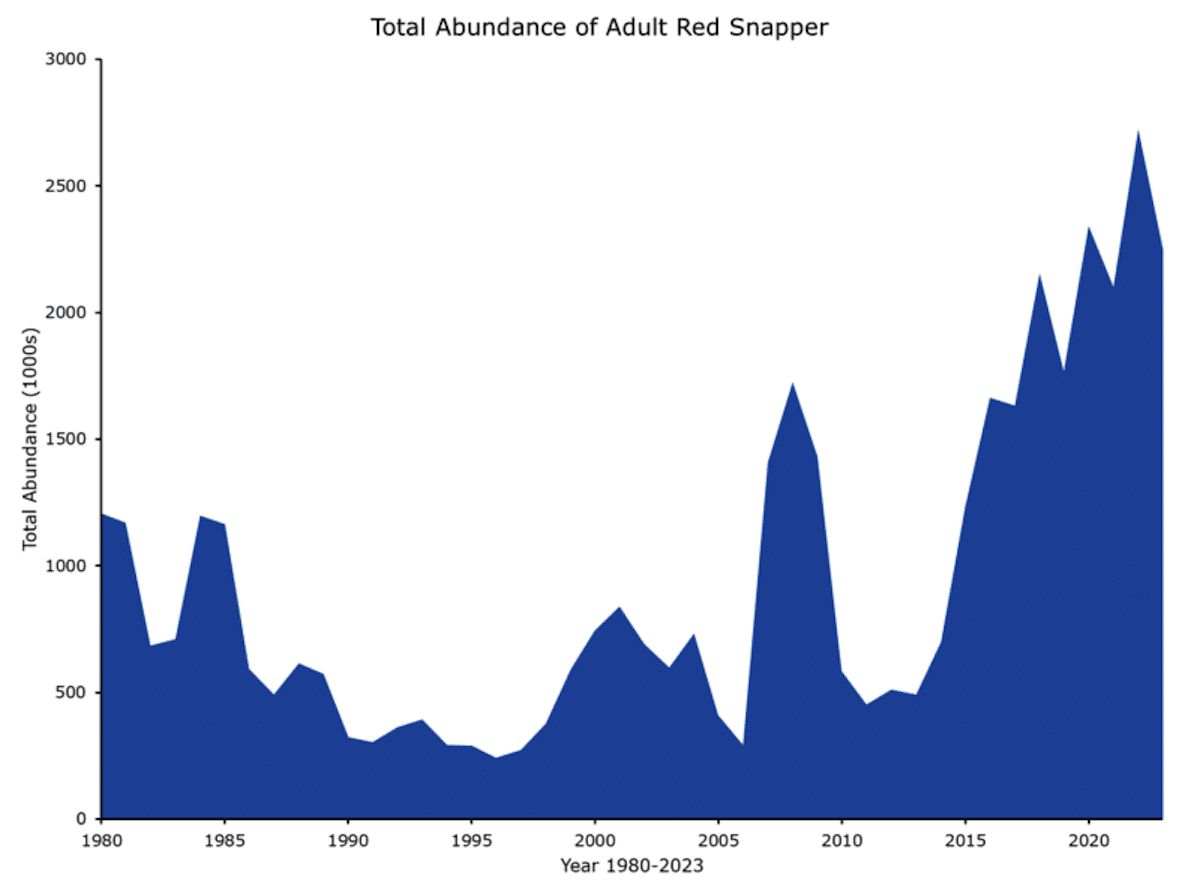Keith Lusher 07.15.25

In a welcome flip of occasions, the leisure fishing group is respiration a sigh of aid. NOAA Fisheries has formally withdrawn the controversial three-month backside fishing closure from Modification 59. After months of pushback from anglers, business teams, and elected officers, frequent sense has lastly prevailed over heavy-handed federal overreach.
The proposed closure, which might have negatively affected Florida’s leisure fishing business by shutting down backside fishing for 55 species from December by way of February, has been scrapped totally. This represents a major victory for the hundreds of anglers who spoke out in opposition to what many thought of NOAA’s most misguided restriction but.


A map shows the world beforehand into consideration for the bottomfishing ban. Photograph: ASA
A Win Constructed on Information, Not Worry
The withdrawal comes as each anglers and NOAA’s personal scientists acknowledge that crimson snapper populations within the South Atlantic are thriving. Current knowledge exhibits extra crimson snapper in these waters than at any time in current reminiscence, a testomony to the conservation efforts and sacrifices made by leisure anglers over the previous 20 years.
Much more telling is NOAA’s current admission that its Marine Leisure Info Program (MRIP-FES) knowledge—the very basis used to justify these measures—could also be off by as a lot as 30-40%. It’s arduous to justify shutting down a complete fishery based mostly on knowledge that even the company accumulating it admits is essentially flawed.

 Data exhibits extra crimson snapper in these waters than at any time in current reminiscence picture: ASA
Data exhibits extra crimson snapper in these waters than at any time in current reminiscence picture: ASA
Martha Guyas, Southeast Fisheries Coverage Director for the American Sportfishing Affiliation, completely captured the sentiment: “We’re inspired to see NOAA rethink and withdraw the flawed backside fishing closure. With greater than 5 million anglers taking to the water yearly in our state, leisure fishing contributes $11.1 billion to the Florida economic system and helps greater than 70,000 jobs.”
Power in Numbers
The withdrawal didn’t occur in a vacuum. It resulted from unprecedented business unity, with 76 members of the leisure fishing business from dozens of states signing onto ASA’s opposition letter. NOAA obtained greater than 600 public feedback in the course of the remark interval, with the overwhelming majority opposing the closure.
Elected officers additionally stepped up in an enormous approach. Senator Rick Scott and Representatives John Rutherford and Darin Soto launched the bipartisan Crimson Snapper Act, which might have prohibited any space closures till the continued Nice Crimson Snapper Depend is accomplished. This type of legislative strain undoubtedly influenced NOAA’s resolution to reverse course.
Work Stays, However Progress is Clear
Whereas celebrating this victory, it’s essential to acknowledge that challenges stay. The leisure crimson snapper season remains to be restricted to only two days in 2025: July 11 and 12. This stays an unacceptably quick season for a fishery that has rebuilt practically 20 years forward of schedule.
The continued Nice Crimson Snapper Depend, anticipated to be accomplished this summer season, ought to present higher knowledge to help expanded entry. Moreover, Florida, Georgia, and South Carolina have formally requested state administration of Atlantic crimson snapper, a confirmed profitable mannequin within the Gulf of Mexico.
Trying Ahead
This withdrawal represents greater than only a coverage reversal; it validates that the leisure fishing group’s voice issues after we stand collectively. Federal regulators merely can’t ignore the financial affect of Florida’s leisure fishing business, which generates $11.1 billion yearly and helps greater than 70,000 jobs.
Assistant Administrator Eugenio Piñeiro Soler deserves credit score for taking a level-headed strategy to this modification and recognizing that heavy-handed closures aren’t the reply when fisheries are rebounding.
As we progress, we should always deal with enhancing knowledge assortment and increasing affordable entry to those rebuilt fisheries. After 20 years of sacrifice and conservation success, leisure anglers have earned the best to benefit from the fruits of their efforts, not face arbitrary shutdowns based mostly on questionable knowledge.
The struggle isn’t over, however this victory proves that Washington listens when the fishing group speaks with one voice.


